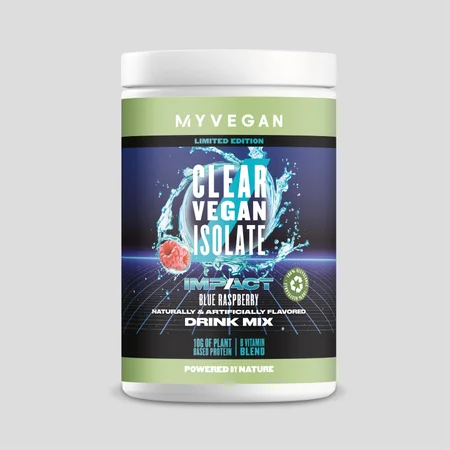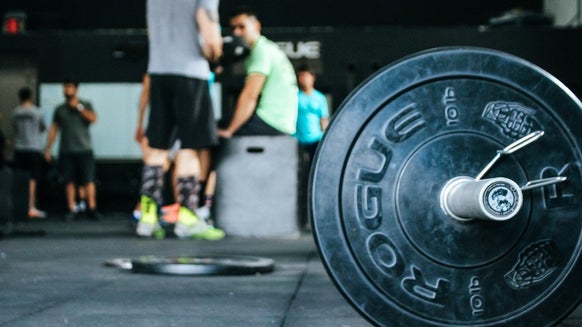
When news that Covid-19 had reached the shores of the US, people naturally became worried. After all, this was a new virus that no one had ever heard of until the beginning of the year. Media portrayal of the pandemic certainly hasn't helped. And the flurry of panic buying and stockpiling essentials that ensued also brought on more stress.
Then, when the government announced the new rules regarding the way we should live our lives, the concern intensified. The term "social distancing" became one of the most hackneyed phrases, self-isolation became a thing, and strict rules about how we went about our everyday routines were enforced. All of a sudden, the nation was thrown into a world they'd never known before – it was one of uncertainty.
You may have found yourself quickly having to readjust to working remotely from home for the first time. You may have unexpectedly found yourself unemployed. Schools have closed, meaning children are now learning from home, causing even more stress to parents who're trying to balance their work and homeschooling. High Street stores closed their doors to the public, as did once-popular gathering spots like pubs, restaurants, and bars. Over 70s were told not to leave their home.
Right now we all have a different rhythm of life.
Change is never easy, and in the last few weeks, there has been a great deal, which is why it's even more important to look after your emotional health.
Many people are aware of the importance of keeping your physical health in check, but what about your mental health?

Why mental health is important right now
Your mental health is just as important as your physical health. Trying to maintain good mental health can be challenging for some at the best of times, but right now, you need to nurture it, as this will allow you to develop more resilience, accept change easier, and develop some beneficial coping mechanisms when stress and anxiety creep in.
The old-age adage says, "healthy body, healthy mind", but it's also true for the opposite. To protect yourself more and help fight any illness, you need to take care of your psyche as well.
Better mental health at home
The new measures that have been put in place mean that you've probably been spending more time at home than usual and your once busy timetable is empty.
The lack of human contact can be tough; the same goes for the overwhelming sense of cabin fever. But there are ways to cope and one of the best ways of looking at everything is to view this as a different period. It doesn't necessarily have to be a bad time.
See this as a way of making contact with people that you may not usually have regular communication with. Look at it as a way of communicating differently instead of just speaking to one another in the flesh. All the amazing advances in technology now allow us to have video conversations and even online parties with friends.
Use this time as a chance to create a new routine, making sure that you prioritize looking after yourself. Back in the real world, we have very little time to do the things we truly enjoy, so this is a great opportunity to read those books you've been meaning to read for a long time, relax and watch movies, create a structured exercise routine, learn new things, and try out different relaxation techniques that you've never done. Use this period to catch up on sleep and the much-needed rest you normally wouldn't get.
This indeed is an unusual experience, but one you'll likely never have to experience again — it might even have its benefits. Here are a few tips to help maintain good mental health during the Covid-19 era.
1. Keep moving
Moving more at home and being active also reduces anxiety and stress levels. Working out or doing some sort of physical exercise will also increase your energy levels while improving your sleep.
Look for different ways of including more movement into your everyday life and find something that works for you whether that's doing stretches or an online exercise class at home or going out for a run or a brisk walk.
For some more ideas check out our article on moving more at home.
2. Reflect more
Make more time for reflecting. This is something we don't do enough of normally. Set aside time each day to think about what has gone well. It's important to pay attention to the wins and all the things you're grateful for, regardless of how small they may be.
Writing in a gratitude journal will help you remain focused, and this activity can easily be slotted into your new daily routine. Another way to help reduce stress and anxiety is through practising mindfulness techniques and focusing on the present rather than negative or unhelpful thoughts.
3. Get more quality sleep
As previously mentioned, sleep is incredibly important for both your physical and mental health. However, if you're having sleepless nights, rest assured that during periods of uncertainty and change, this is normal. But without a clear mind that a good night's sleep brings, it's more challenging to recognize the positives.
Thankfully, there are several things that you can do to improve the quality of your sleep. Set specific times to go to bed and wake up and try to stick to the routine. Also, try to have some natural sunlight to enter the room where possible, as this will help regulate your body clock. Switching off digitally 30 minutes to an hour before you sleep could also improve your sleep.

4. Use reliable sources of information
Many things can fuel anxiety, and rumors and speculation are two of these, which is why you must have access to quality information. You may not be able to control what's happening in the world, but having information from reputable sources will make you feel like you have more control.
In other words, avoid tabloids that tend to sensationalize and platforms that publish and share fake news.
5. Stay connected
During periods of stress, we generally operate better when we have support, which is why keeping in touch with your loved ones by phone, social media, and email is important. Many helplines also offer free emotional support if you need it.
On the subject of social media, it's also necessary to assess your activity regularly. Take this time to tune in and ask if your accounts need to be adjusted. Are there any people or accounts that exasperate your worry or anxiety? If so, think about muting or unfollowing them for now until all this is over.
Take home message
It's normal that you might be experiencing feelings of boredom, frustration, and loneliness. You may also be feeling low, anxious, worried, or concerned about the health of either yourself or those people close to you.
It's important to remember that it's normal and OK to be feeling like this at the moment. Everyone reacts differently to different situations. Remember that these feelings will indeed pass and you'll be able to get back to normality. Yes, staying at home may be difficult at times, but also remember why you're doing it.
READ THIS NEXT:

Top 10 Supplements For Energy To Fight Tiredness
Nutritionist recommends the best supps to give you a boost....

Guide To Vitamin D | Benefits, Sources & Deficiency Symptoms
Not seen the sun in months? You should read this....









